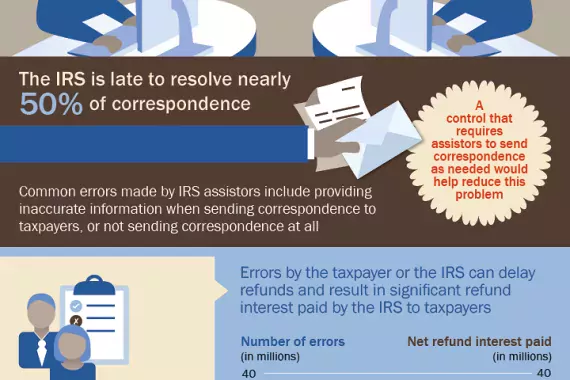Image
Financial Markets and Institutions
Image
Recent Reports
Open Recommendations
Nonbank Mortgage Companies: Ginnie Mae and FHFA Could Enhance Financial Monitoring
GAO-26-107436
Feb 10, 2026
Show
4 Open Recommendations
Bank Capital Reforms: The Office of the Comptroller of the Currency Should Clarify Policy for Retaining Documents
GAO-26-108015
Jan 29, 2026
Show
1 Open Recommendations
Artificial Intelligence: Use and Oversight in Financial Services
GAO-25-107197
May 19, 2025
Show
1 Open Recommendations










